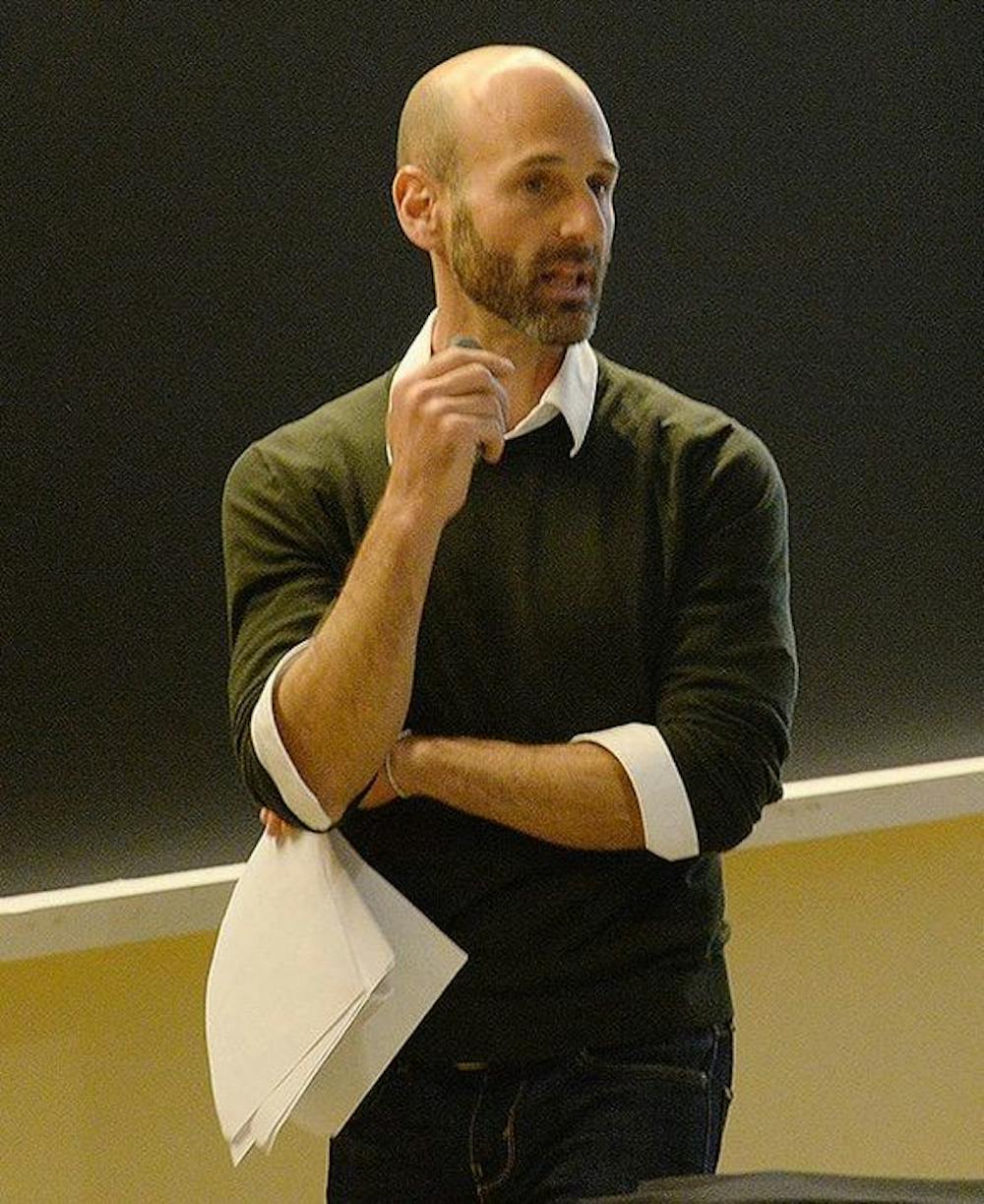The recent murders of two women at a yoga studio in Tallahassee, Florida, by self-proclaimed misogynist Scott Beierle reminded me of Brett Kavanaugh. The events reminded me of how easily I, and other men, moved on from the Kavanaugh hearings to other news, other matters.
I’m not equating murder with the crimes Kavanaugh is accused of. There are clearly differences between ending lives and rape or sexual assault. Still, there are connections. Whether or not Kavanaugh is guilty of some or all of the crimes he’s accused of (I suspect he is), there are connections between misogynistic killings and the epidemic of rape, sexual assault and sexual harassment.
These and other gender-based crimes are symptoms of a system of misogyny, sexism and male supremacy. Reflecting on the Kavanaugh hearings, I worry that boys and men missed an opportunity to reflect more deeply about our own complicity in these systems and to commit to helping tear the systems down. I worry that it was too easy for many men, like me, to move on after the hearing by thinking, “Well, I’ve never raped someone. I’ve never sexually harassed someone. I’m not the problem.”
In a related context, philosopher George Yancy notes the danger of many White people (like me) believing in a false binary between good non-racist Whites and bad, KKK, neo-Nazi racist Whites. Swapping the language of race for gender, I suspect Yancy would say, “Many men fail to see their complicity with the systemic workings of male supremacy. By perpetuating the dualism between the ‘good man’ and the ‘bad man,’ men attempt to claim that men’s sexism, patriarchy and misogyny” are limited to the Harvey Weinsteins, the Scott Beierles and the Kavanaughs.
In other words, other men and I have work to do to acknowledge how we have benefited from male supremacy and remained complicit in its survival. We have benefited and been complicit by remaining silent too often in schoolyards, locker rooms, workplaces and parties. In these and other contexts, I suspect most of us have failed to challenge fellow boys’ and men’s sexist and misogynistic attitudes, “jokes” and actions.
Far from harmless “locker room talk” or “boys will be boys” behaviors, these are attitudes and actions that perpetuate conditions that allow sexual assault and harassment to take place—and that actually make violence against women more likely.
Shamefully, I remember staying silent in the face of sexist and misogynistic jokes regularly made at my all-male summer camp and on all-male sports teams. I said nothing when boys from my elite Washington, D.C. high school blithely used a reference to sexual assault (tea bags) to taunt teams from Kavanaugh’s Georgetown Prep, where such assaults were said to have been committed to haze boys.
For how many years did I let boys and men call girls and women “b*****s” without challenging this shameless socially sanctioned sexism? (Women using the b-word is for them to decide.)
So too, how often have we talked to other men about the frightening prevalence of violent, exploitative porn on the internet? How often have we questioned the hidden-in-plain-sight misogyny of ubiquitous porn-sex-act clichés that so often revolve around humiliation, dehumanization, inflicting unwanted pain and dominating women? How often have we explored how these and more “PG” forms of objectification shape our sexuality?
From the bedroom to bars to busses, we must also examine our interactions with women. We need to consider everything from subtle, seemingly innocent compliments we give to female babies and young girls that focus on their appearance, to how we literally look at women on the sidewalk and in the workplace to our sensitivity and listening skills in bed (for those who have sex with women). These are among countless daily interactions we must reconsider.
Once we have started to acknowledge our complicity with a system of male supremacy, the next step is to ask, paraphrasing Peggy McIntosh, what will we do to end that system? The expert on white privilege and male privilege suggests that those who enjoy one or both forms of privilege—and especially those who also enjoy the class privilege I have—must use “our arbitrarily-awarded power to try to reconstruct power systems” so that power, privilege and advantage are shared more equitably.
This work is more urgent following the Tallahassee murders and the victory for male supremacy that Kavanaugh’s confirmation represents. This work is more urgent still when at least three of the country’s seven most powerful men are strongly suspected of or have admitted to sexual assault or harassment (Supreme Court Justices Kavanaugh and Thomas among six male justices, plus Trump).
There’s no stopping the #metoo movement.
Unless men want to remain complicit with the destruction caused by the status quo, we must decide how we will help end male supremacy. Thinking, “it’s not me,” won’t help.
David Vine is a professor of anthropology at American University in Washington, D.C. They are an outside contributor. The opinions expressed by the author are theirs alone, and do not necessarily reflect the views of The Eagle and its staff.





